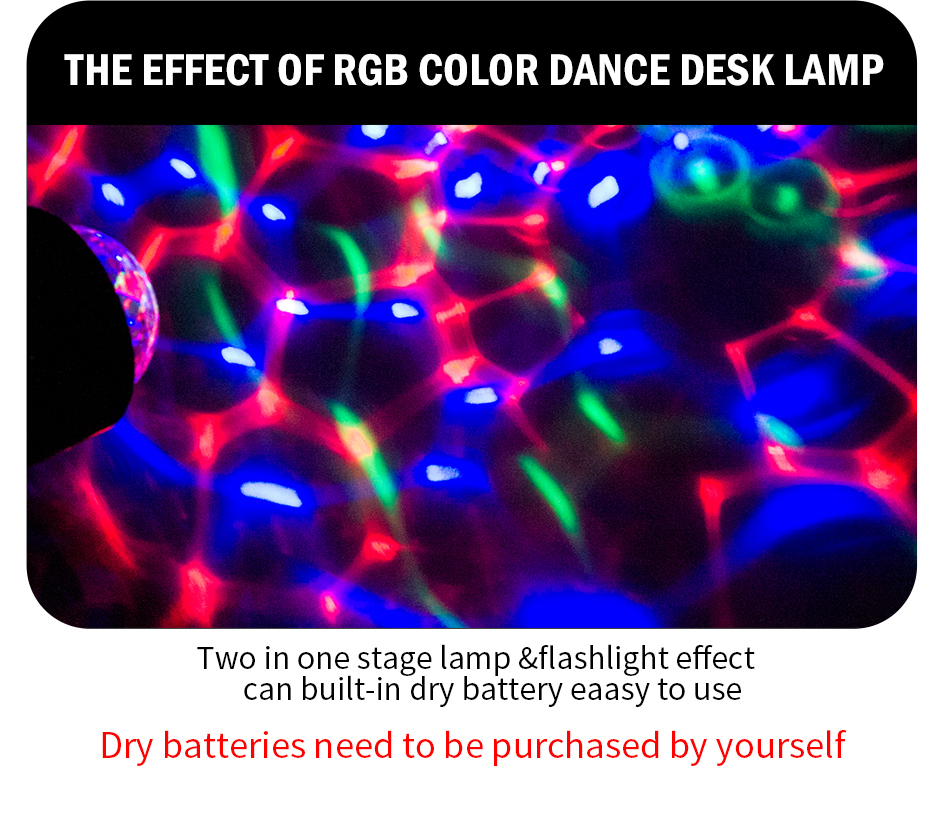Do LED Lights Attract Insects? Exploring the Science Behind Insect Attraction to Different Light Sources
Guide or Summary:IntroductionThe Science of Insect AttractionLED Lights vs. Traditional LightingFactors Influencing Insect AttractionPractical Tips to Reduc……
Guide or Summary:
- Introduction
- The Science of Insect Attraction
- LED Lights vs. Traditional Lighting
- Factors Influencing Insect Attraction
- Practical Tips to Reduce Insect Attraction
**Translation of "do led lights attract insects":** Do LED lights attract insects?
Introduction
In recent years, LED lights have become increasingly popular for both indoor and outdoor lighting due to their energy efficiency and long lifespan. However, a common concern among homeowners and outdoor enthusiasts is whether these lights attract insects. This article delves into the question: **do LED lights attract insects?** We will explore the science behind light attraction in insects, compare LED lights to traditional lighting options, and provide insights into how to minimize insect attraction.
The Science of Insect Attraction
Insects are attracted to light due to a phenomenon known as phototaxis, which is their natural response to light sources. Many insects, particularly moths, use the moon and stars for navigation. When they encounter artificial lights, they can become disoriented and drawn towards them. Different wavelengths of light can affect the degree of attraction, with ultraviolet (UV) light being particularly enticing for many species.
LED Lights vs. Traditional Lighting
When we consider the question, **do LED lights attract insects?** it’s essential to compare them with traditional lighting options such as incandescent and fluorescent bulbs.
1. **Incandescent Bulbs**: These bulbs emit a broad spectrum of light, including a significant amount of UV light, which attracts insects. They are less energy-efficient and have a shorter lifespan compared to LEDs.

2. **Fluorescent Bulbs**: Similar to incandescent bulbs, fluorescent lights also emit UV rays and can attract insects, although they are more energy-efficient than traditional incandescent bulbs.
3. **LED Lights**: LEDs are designed to emit specific wavelengths of light, often with minimal UV output. Research suggests that many LED lights, particularly those that emit warm white light, are less attractive to insects compared to their incandescent and fluorescent counterparts.
Factors Influencing Insect Attraction
While the type of light is significant, other factors also influence insect attraction:
- **Color Temperature**: The color temperature of the light can affect insect attraction. Cooler (blue) LED lights tend to attract more insects than warmer (yellow) lights. Therefore, choosing warm white LEDs can help reduce insect presence.
- **Brightness**: Brighter lights tend to attract more insects. Using dimmer LED lights in outdoor settings can help minimize this issue.

- **Surrounding Environment**: The presence of natural vegetation, food sources, and other environmental factors can also impact insect behavior.
Practical Tips to Reduce Insect Attraction
If you are concerned about insects being attracted to your outdoor lighting, here are some practical tips:
1. **Use Warm White LED Lights**: Opt for warm white LEDs that emit less blue light, making them less attractive to insects.
2. **Install Motion Sensors**: Using motion-activated lights can reduce the amount of time lights are on, thereby minimizing insect attraction.
3. **Limit Brightness**: Choose lower wattage bulbs or dimmable options to reduce brightness.

4. **Strategic Placement**: Position lights away from outdoor seating areas to keep insects at bay.
5. **Maintain a Clean Environment**: Regularly clean outdoor areas to remove food sources that may attract insects.
In conclusion, the question **do LED lights attract insects?** can be answered with a nuanced understanding of light and insect behavior. While LED lights can attract some insects, they are generally less appealing than traditional incandescent and fluorescent lights, especially when warm white options are chosen. By being mindful of light selection and placement, you can enjoy outdoor spaces with minimal disruption from pesky insects.